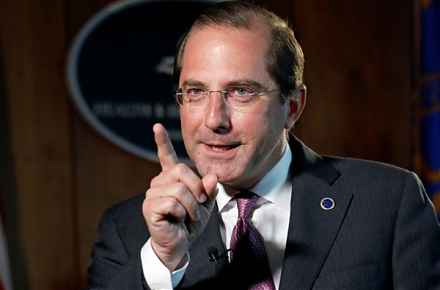

2019-11-15 13:34:00 Fri ET
federal reserve monetary policy treasury dollar employment inflation interest rate exchange rate macrofinance recession systemic risk economic growth central bank fomc greenback forward guidance euro capital global financial cycle credit cycle yield curve
The Economist offers a special report that the new normal state of economic affairs shines fresh light on the division of labor between central banks and governments. The recent U.S. economic outlook combines full employment with low inflation, and this rare combination accords with the Federal Reserve dual mandate of maximum sustainable employment and price stabilization. The New Keynesian Phillips Curve becomes flat in recent times, and there is no inexorable trade-off between inflation and unemployment. The U.S. unemployment rate reaches 3.5% or the lowest level since 1969. The core inflation rate hovers in the range of 1.5%-1.7% or well below the 2% target inflation rate. On the one hand, the Federal Reserve may continue to reduce the interest rate to help sustain the U.S. economic expansion and stock market rally in response to a vocal president.
On the other hand, the dovish interest rate cuts suggest that the U.S. central bank may have fewer monetary policy levers to cope with the next economic recession. Meanwhile, U.S. Treasury continues to offer Americans fiscal stimulus packages in the generic form of both tax incentives and infrastructure expenditures. Whether fiscal deficits can cause higher inflation remains a major economic policy concern.
If any of our AYA Analytica financial health memos (FHM), blog posts, ebooks, newsletters, and notifications etc, or any other form of online content curation, involves potential copyright concerns, please feel free to contact us at service@ayafintech.network so that we can remove relevant content in response to any such request within a reasonable time frame.
2018-03-19 10:37:00 Monday ET

Uber's autonomous car causes the first known pedestrian fatality from a driverless vehicle and thus sets off the alarm bell for artificial intelligence.
2017-04-19 17:37:00 Wednesday ET

Apple is now the world's biggest dividend payer with its $13 billion dividend payout and surpasses ExxonMobil's dividend payout record. Despite the
2018-09-21 09:41:00 Friday ET

Former World Bank and IMF chief advisor Anne Krueger explains why the Trump administration's current tariff tactics undermine the multilateral global tr
2019-06-07 04:02:05 Friday ET

The world seeks to reduce medicine prices and other health care costs to better regulate big pharma. Nowadays the Trump administration requires pharmaceutic
2019-03-03 10:39:00 Sunday ET

Tech companies seek to serve as quasi-financial intermediaries. Retail traders can list items for sale on eBay and then acquire these items economically on
2020-02-12 09:31:00 Wednesday ET

Mark Zuckerberg develops Facebook as a social network platform to help empower global connections among family and friends. David Kirkpatrick (2011) T